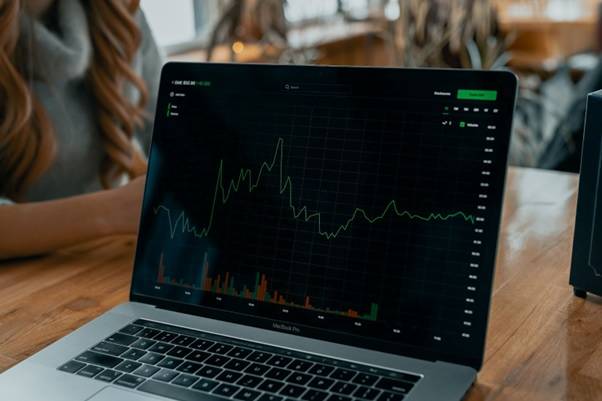The term “inflation” comes from the Latin inflate, which means “to inflate”. Depending on the intensity of manifestation, economists distinguish several types of inflation:
- Moderate inflation – The level is at most 10% per year. Such inflation is controllable and predictable
- Galloping inflation – The increases in price growth occur in leaps and bounds
- Hyperinflation – In this case, a gradual price rise can reach 900% within a day
Your money should be maximized and protected from hyperinflation as the cost of living rises. As a result, you may be interested in finding out what is the safest investment for your hard-earned money.
- Germany, 1920s
The most famous case of hyperinflation occurred in Germany in the 1920s. There was a dramatic decrease in the purchasing power of money. Store owners were forced to rewrite price tags several times a day. It reached the point that when a person started dinner in a restaurant, the cost of the dishes was one, and when he finished, it was already another. Sunday was the only day of the week when inflation stopped.
- Hungary, 1946
Hyperinflation in Hungary set a record for the fastest monthly inflation increase ever: 41,900,000,000,000,000% in July 1946, meaning that prices doubled every 13.5 hours. Hungary also holds the record for the largest banknote ever issued. People everywhere carried money in suitcases, and banknotes were often stamped with new denominations, as new money needed to be printed more quickly.
- Zimbabwe, 1980
The first country to face massive hyperinflation in the 21st century is Zimbabwe, one of the youngest states in Africa, having gained independence only in 1980. In 2008 they were printing so much money that, at some point, they ran out of paper. The country was full of trillionaires. People were forced to spend the night at work because the fare had risen dramatically during their stay at work.
Moderate Inflation Is Good For The Economy
Moderate inflation is necessary for the development of the economy. So, with its moderate and predictable growth, the incomes of both consumers and sellers increase. Stable growth allows the management of companies to plan activities effectively and invest in new projects, which leads to the development of the economy as a whole. In addition, due to inflation, tax payments increase, and therefore the state has the opportunity to raise the salaries of state employees. Thus, moderate inflation is good for the economy.

Protect Your Money Against Inflation
To assist you in making the most of your investments, here are some tips on smart investments that will help you protect your money against inflation.
Put Your Money in More Than One Place: Spread out your investments across different types of accounts such as stocks, bonds, mutual funds, certificates of deposit (CDs), and real estate. This way, if one market or sector suffers a downturn, you won’t be affected too negatively because you have a diversified portfolio.
Invest in Stocks and Bonds: Stocks can provide great returns over time but come with higher risks than other investment options. Bonds are considered lower risk because they offer fixed payments with minimal volatility. Stocks and bonds are worth considering when looking for ways to protect your money against inflation.
Consider International Investments: Investing in international markets can help you diversify your portfolio further and give you access to opportunities in countries where the economy is growing more quickly than at home.
Buy Real Estate: Real estate provides an excellent hedge against inflation, as property values tend to increase over time as the cost of living increases. Keeping up with maintenance costs is key, but real estate can provide significant returns on investment over the long term if managed correctly.
Educate Yourself About Investments Before You Jump In: It is important to understand the basics of investing before making big moves with your money to ensure it grows in value instead of diminishing due to poor decisions or inexperience.
Do research, use resources like online calculators, talk to financial advisors or professionals, and take classes or workshops if needed so that you can feel comfortable making informed decisions about how best to protect your money against inflation in an ever-changing market environment.
Planning Your Financial Future Is An Unboxing Treasure
Inflation is unavoidable, but there are ways to combat its effects on our finances by investing wisely and protecting our money from its erosive force over time.
Investing in stocks and bonds, international investments, real estate holdings, and other vehicles; staying up to date on economic trends; and monitoring your investments regularly are ways to diversify our portfolios.
In addition to being more financially prepared, we can also enjoy the rewards that hard work will bring in the future! With these tips on smart investing in mind, we hope you can increase the value of your hard-earned money today and for years into the future.



















